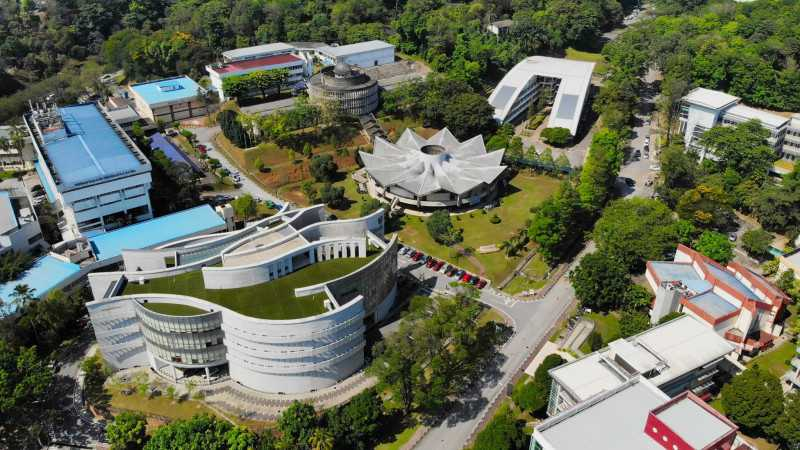
Study in Malaysia
Studying in Malaysia provides students with access to affordable, high-quality education in a multicultural and vibrant environment. Known for its diverse culture, modern infrastructure, and growing reputation in higher education, Malaysia is an increasingly popular destination for international students. Here’s a general overview:
Education System
Reputable Institutions: Malaysia is home to top-ranked universities, such as Universiti Malaya (UM) and Universiti Kebangsaan Malaysia (UKM). Many institutions have partnerships with prestigious universities worldwide.
Types of Institutions:
Public Universities: Offer affordable tuition fees and a range of programs.
Private Universities: Include branches of international universities offering identical degrees (e.g., Monash University Malaysia, University of Nottingham Malaysia).
Polytechnics and Colleges: Focus on vocational and technical training.
Language of Instruction: English is widely used in most universities, especially for programs catering to international students.
Tuition and Cost of Living
Tuition Fees:
Undergraduate programs: MYR 10,000–MYR 30,000 annually ($2,200–$6,600 USD).
Postgraduate programs: MYR 15,000–MYR 40,000 annually ($3,300–$8,800 USD).
Tuition fees for programs in international branch campuses may be higher.
Cost of Living:
Monthly expenses: MYR 1,500–MYR 2,500 ($330–$550 USD), including accommodation, food, transportation, and personal expenses.
Accommodation options range from university hostels to private apartments.
Admission Requirements
Undergraduate Programs:
High school diploma or equivalent.
English proficiency tests like IELTS/TOEFL for non-native English speakers.
Graduate Programs:
Bachelor’s degree in a relevant field with good academic performance.
English proficiency tests may be required.
Foundation and Pre-university Programs: Available for students who do not meet direct entry requirements.
Scholarships and Financial Aid
Government Scholarships:
Malaysian International Scholarship (MIS): For high-achieving international students.
University-specific Scholarships: Merit-based and need-based scholarships offered by institutions.
Private and External Scholarships: Funding from organizations like ASEAN and Commonwealth countries.
Work Opportunities
Part-time Work: International students can work up to 20 hours per week during semester breaks and holidays.
Post-graduation: While work permits are not guaranteed, industries such as IT, engineering, and business offer employment opportunities for skilled graduates.
Lifestyle and Culture
Multicultural Society: Malaysia’s blend of Malay, Chinese, Indian, and indigenous cultures provides a rich cultural experience.
Student Life: Cities like Kuala Lumpur, Penang, and Johor Bahru have active student communities with events, festivals, and social activities.
Cuisine: Malaysia is famous for its diverse and affordable food options, from street food to high-end dining.
Natural Beauty: Opportunities to explore beaches, rainforests, and highlands add to the experience.
Language and Networking
English Proficiency: English is widely spoken, and many courses are taught in English, making Malaysia accessible for international students.
Global Networking: With many multinational companies operating in Malaysia, students have opportunities for internships and networking.
Advantages of Studying in Malaysia
Affordable tuition fees and cost of living compared to Western countries.
Internationally recognized degrees, including those from global university branch campuses.
Strong emphasis on diversity and inclusivity.
Strategic location in Southeast Asia, making it a gateway to other Asian countries.
Opportunity to experience a balance of academic growth and cultural immersion.
Malaysia offers an excellent education system, cultural diversity, and modern facilities, making it an ideal destination for international students looking for a high-quality yet affordable study experience.
